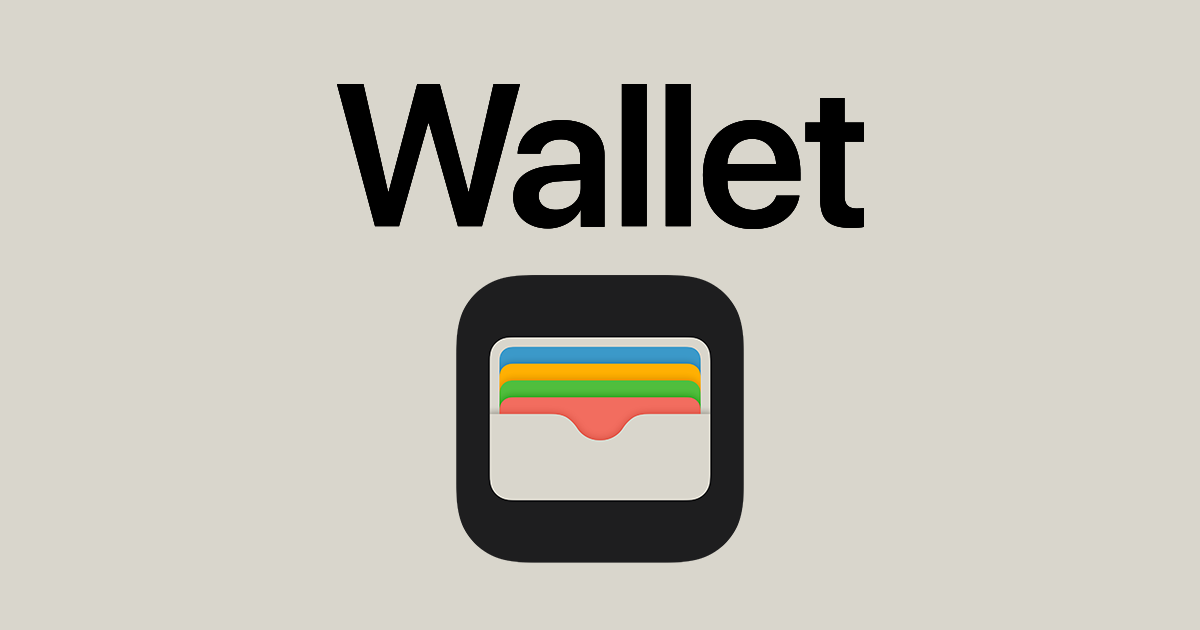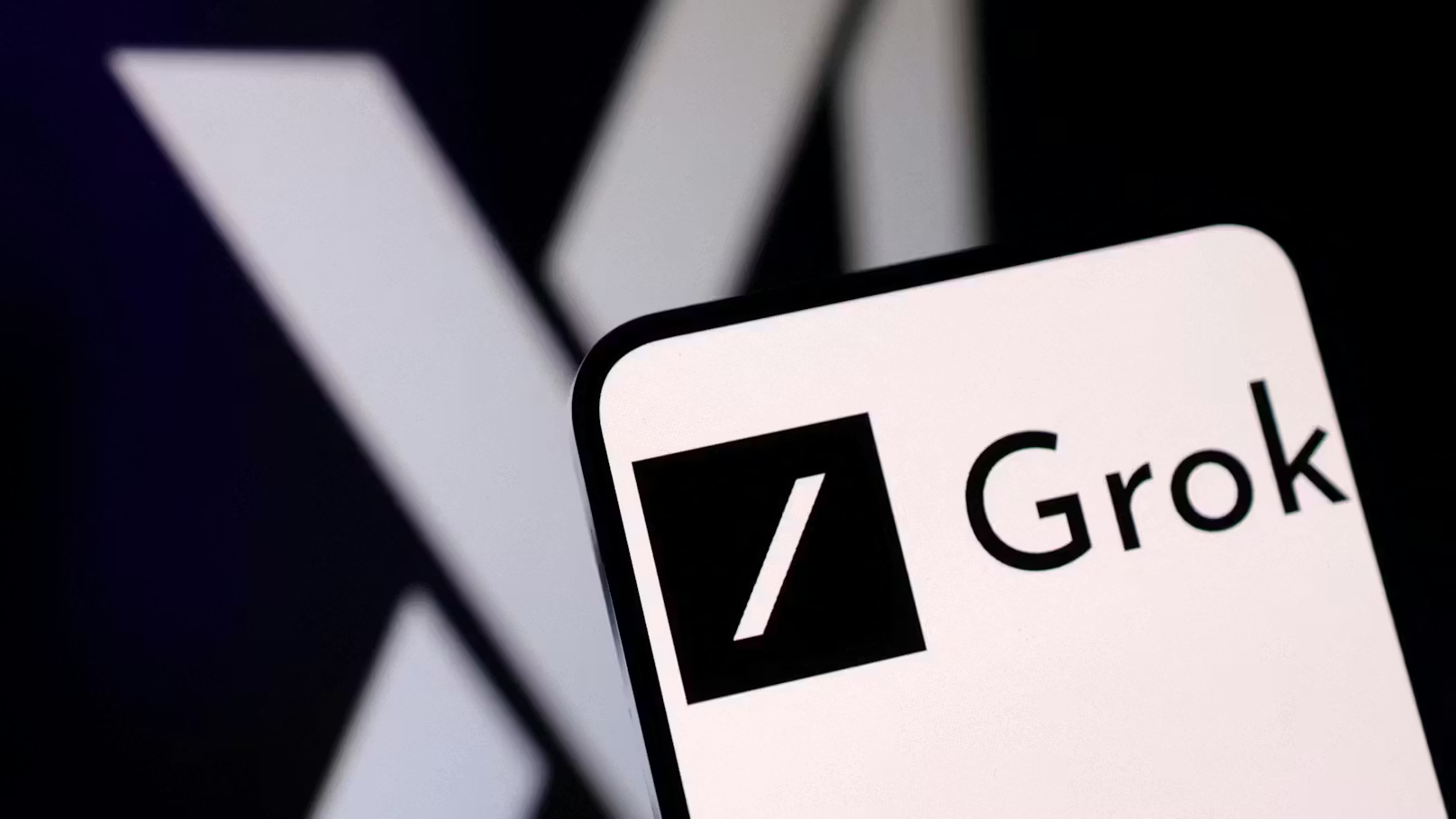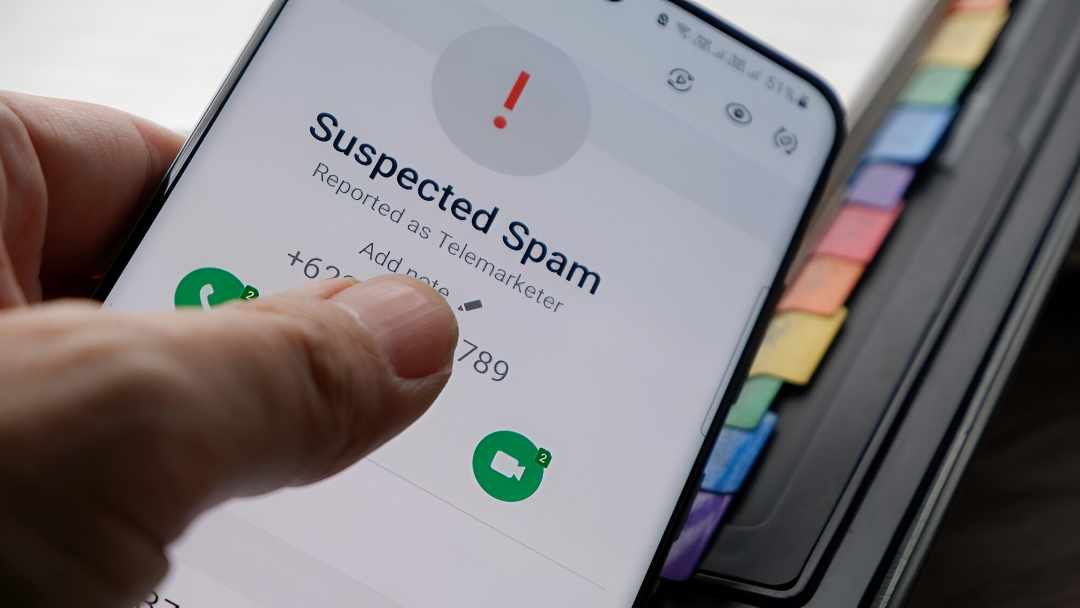Your phone buzzes with what should be a payment confirmation or boarding pass update. Instead, you’re staring at an ad for Brad Pitt’s latest movie, courtesy of your Wallet app. On June 24, iPhone users across the US received push notifications from Apple Wallet offering a $10 discount on Fandango tickets for “F1: The Movie.” The notification wasn’t requested, couldn’t be anticipated, and landed in an app most people consider utility-only territory.
Promotional campaigns like this typically target external platforms, not core system apps. Apple offered customers a $10 discount when purchasing two or more tickets using the promo code “APPLEPAYTEN.” The deal sounds reasonable until you consider the delivery method—an unsolicited push through your digital wallet.
Escape routes for these promotions simply don’t exist in current iOS versions. Users face the nuclear option: disable all Wallet notifications or turn off seeing card benefits during checkout. They can’t specifically opt out of promotional offers without sacrificing essential functionality.
iOS 26’s beta includes a new toggle to disable “Offers & Promotions” from Apple Wallet, but that won’t be widely available until September 2025. Until then, you’re stuck with whatever Apple decides to push through your digital wallet.
Violations of Apple’s App Store Guidelines make this controversy particularly damaging. The rules clearly state that “Push Notifications should not be used for promotions or direct marketing purposes unless customers have explicitly opted in.” Yet here’s Apple, treating its utility app like a billboard for its $200 million movie investment.
“I feel like I’m getting Bono flashbacks,” wrote one Reddit user, capturing exactly why this marketing move backfired.
Trust erosion happens when companies cross the line between utility and advertising in apps you rely on for payments, tickets, and essential cards. Your Wallet app should work for you, not pitch to you. When a company charges premium prices partly because it promises ad-free experiences, turning core apps into marketing channels feels like a betrayal.




























